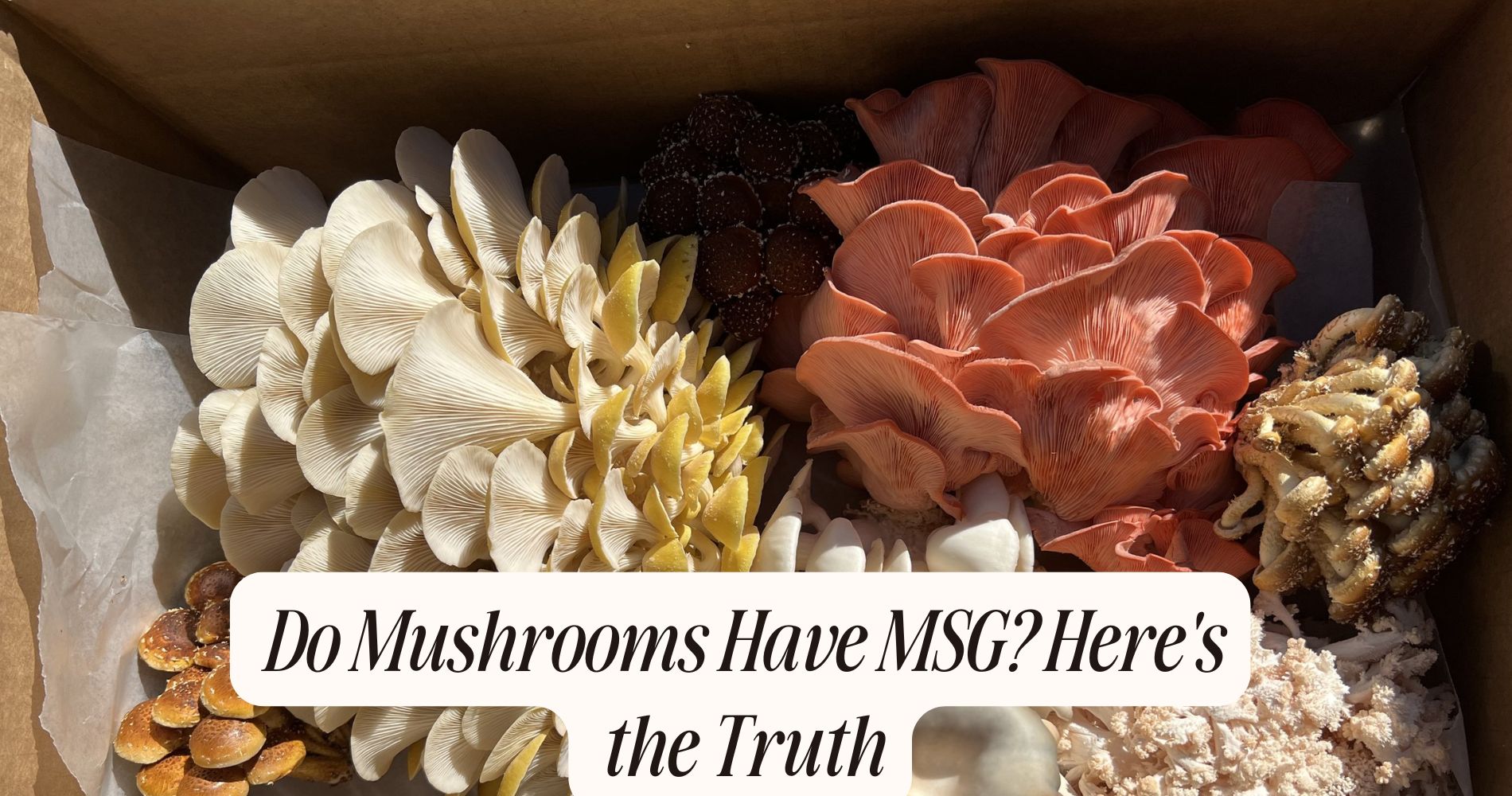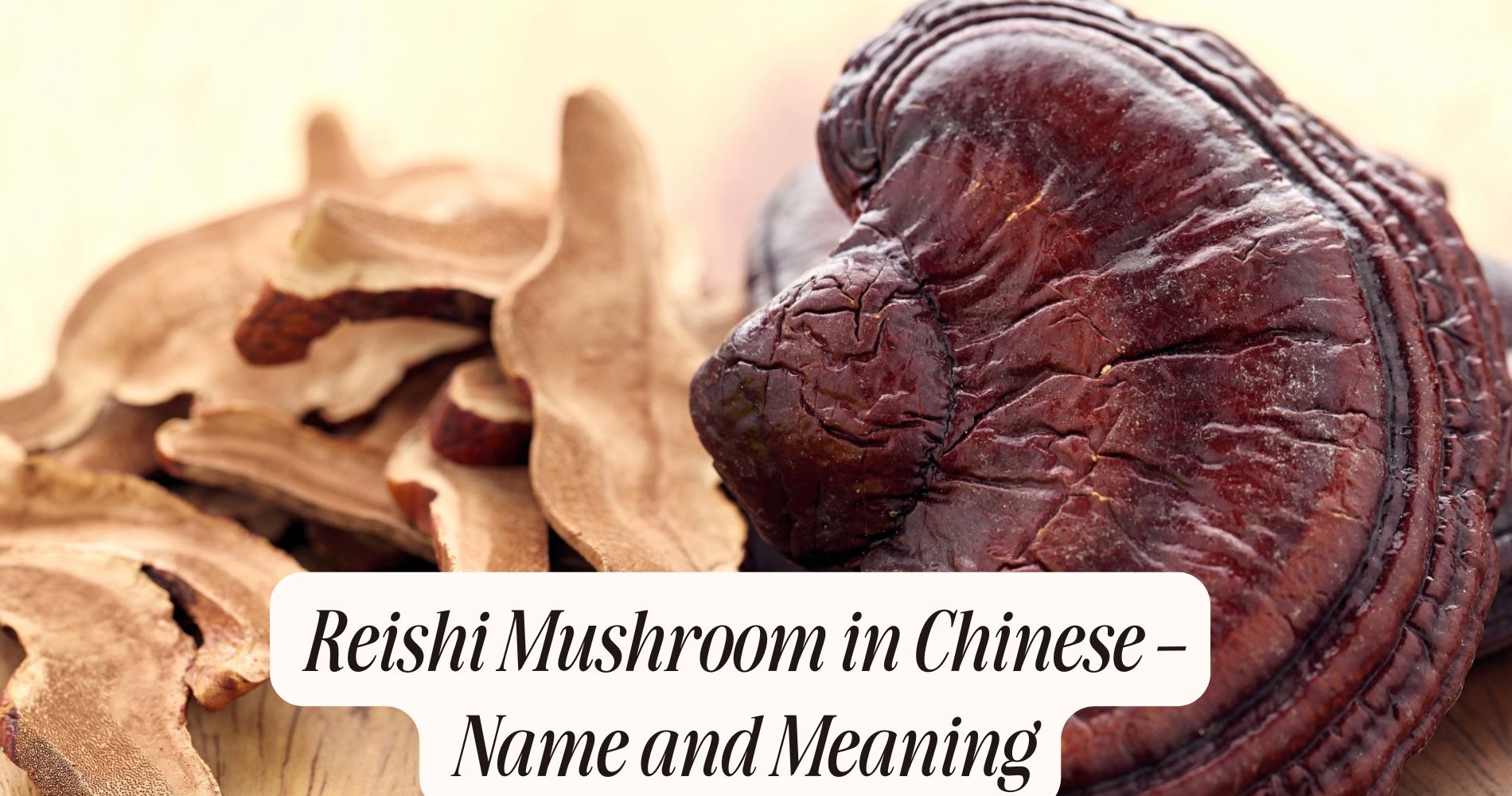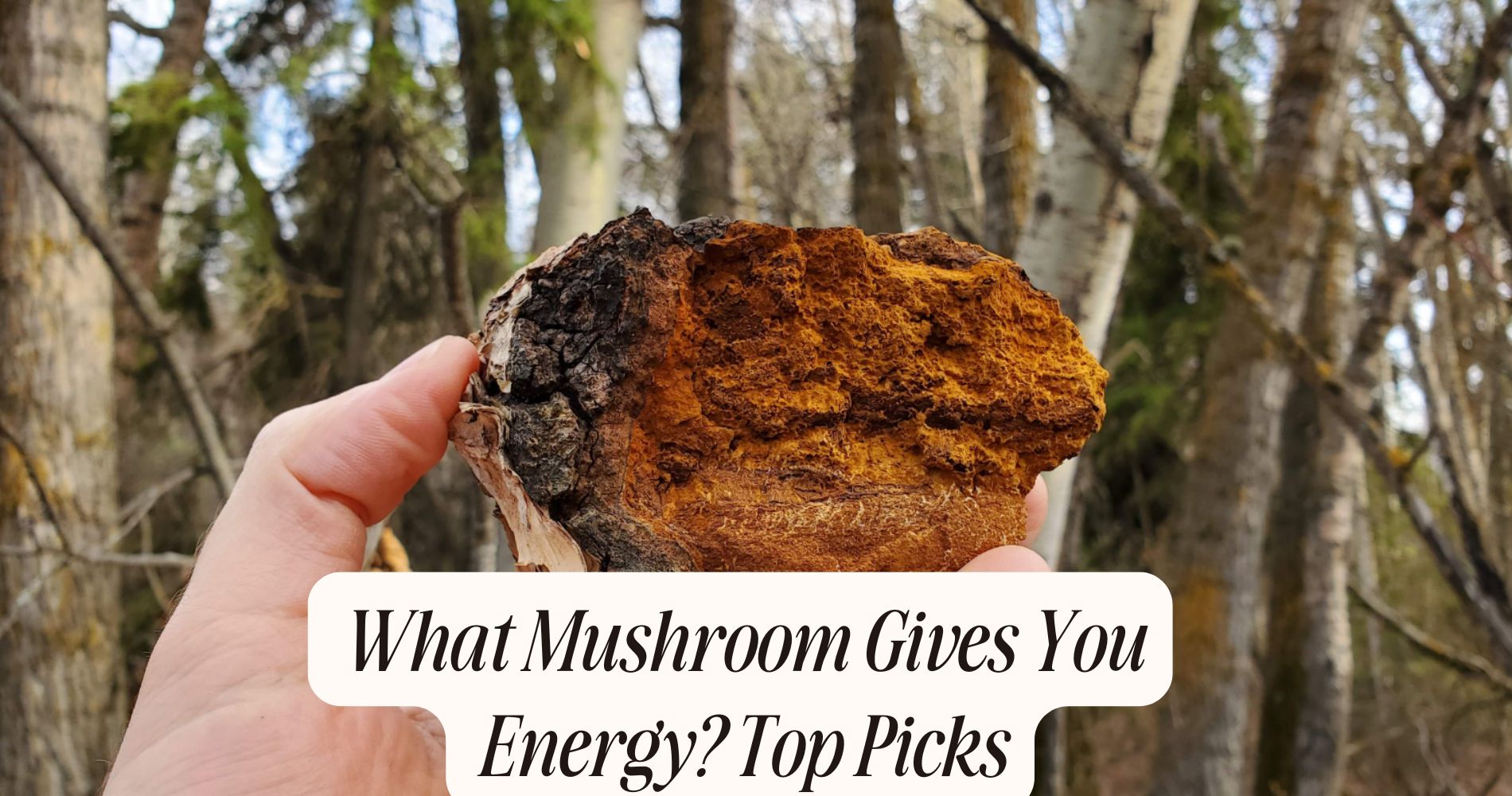
Do Mushrooms Have MSG? Here's the Truth
Do mushrooms have MSG? Mushrooms don't have added MSG, but they're naturally packed with glutamates—the same compounds that create that deep, savory umami flavor in foods. When you eat mushrooms, you're getting a natural boost of umami, not a dose of artificial seasoning. Scientists say your body processes these natural glutamates and MSG in much the same way, and both are safe for most people. If you're curious how mushrooms make dishes taste so satisfying, there's more to discover ahead.
Understanding Umami: What Makes Mushrooms Taste So Good
Although you might associate savory flavors with meats or cheeses, mushrooms stand out because they deliver a uniquely rich and satisfying taste known as umami. When you bite into a mushroom, you’re experiencing a depth of flavor that goes beyond simple saltiness or sweetness.

This mushroom flavor isn’t just a culinary coincidence—it’s linked to naturally occurring compounds like glutamates. These compounds are responsible for umami enhancement, making mushrooms a favorite ingredient for chefs who want to add complexity without meat or artificial additives.
Research shows that the umami you taste in mushrooms results from their unique chemical composition, which activates specific taste receptors on your tongue. By using mushrooms in your cooking, you can create dishes with a fuller, more savory profile naturally.
The Science of MSG: What Is It, Really?
Mushrooms owe much of their savory appeal to natural glutamates, which are closely linked to a well-known ingredient called monosodium glutamate (MSG). MSG is the sodium salt of glutamic acid, an amino acid found in many foods.
In flavor chemistry, MSG is recognized for enhancing umami, the “fifth taste” that makes dishes richer and more satisfying. You’ll find that mushroom cultivation studies often highlight how growing conditions can influence natural glutamate levels, subtly affecting flavor.
MSG itself is produced through fermentation, similar to some processes used in food production. Research shows that MSG is safe for most people when consumed in normal amounts, despite past controversies.
Do Mushrooms Contain Naturally Occurring Glutamates?
Ever wondered why certain foods deliver such a deep, savory flavor? Mushrooms are a prime example, and their rich taste isn’t just luck of the draw. During mushroom cultivation, these fungi naturally produce compounds called glutamates. Glutamates are amino acids responsible for umami, the so-called fifth taste, which gives dishes a satisfying, savory depth.
Scientific studies confirm that mushrooms like shiitake, portobello, and even common white button varieties contain naturally occurring glutamates in varying amounts.

You’ll often notice that adding mushrooms to a recipe brings out more complexity and flavor enhancement—even without extra seasonings. This isn’t due to artificial additives but to the mushrooms’ own biochemistry.
If you’re seeking a natural way to boost umami, incorporating cultivated mushrooms is a reliable, evidence-backed method.
Comparing Natural Glutamates in Mushrooms to Added MSG
While you might hear concerns about monosodium glutamate (MSG) in processed foods, it’s important to distinguish between natural glutamates found in mushrooms and the purified MSG added as a seasoning.
Both natural glutamates and added MSG interact with your taste buds to provide umami, the savory flavor enhancement prized in many culinary uses. However, natural glutamates in mushrooms occur as part of their complex structure, often accompanied by other nutrients and compounds.
In contrast, added MSG is a purified form, used specifically to intensify flavor in prepared dishes. Studies show your body processes natural glutamates and MSG similarly, but the context and concentration in foods can vary.
When you cook with mushrooms, you’re benefiting from naturally occurring umami, not just added seasoning.
Debunking Myths About Mushrooms, MSG, and Health
Although you might encounter claims that mushrooms or MSG are harmful, scientific research doesn't support most of these fears. Mushrooms, whether wild or produced through mushroom cultivation, are a natural source of glutamates—compounds that contribute to flavor enhancement. These glutamates are chemically similar to those in MSG, but studies show that both are safe for most people when consumed in typical amounts.

Some believe MSG causes headaches or allergic reactions, yet large-scale reviews haven’t found strong evidence linking MSG to widespread negative health effects. Similarly, mushrooms are packed with nutrients and have a long history of safe consumption.
If you’re concerned about flavor enhancement, rest assured: using mushrooms or MSG in moderation is considered safe by major health organizations, including the FDA.
Pure Mushroom Power, No Additives: SUPER MUSHROOM GUMMIES
Wondering if mushrooms have MSG? While some mushrooms contain naturally occurring glutamates that enhance umami flavor, Well Gummies' SUPER MUSHROOM GUMMIES focus purely on functional benefits—without artificial additives. Each vegan gummy blends 10 powerful mushrooms to support brain function, steady energy, and immune health. With a fresh wild berry flavor, they’re as tasty as your favorite candy and free from jitters, crashes, or unnecessary fillers. Experience clean, balanced wellness the convenient way with Well Gummies!
Frequently Asked Questions
Are There Mushroom Varieties With Higher Glutamate Levels Than Others?
You'll find that different mushroom species vary in glutamate concentration. For example, shiitake and porcini typically have higher levels than button mushrooms. Scientific studies confirm these differences, so it's worth exploring various types if you're seeking more umami flavor.
Can People Allergic to MSG Eat Mushrooms Safely?
If you have MSG sensitivity, you might still react to mushrooms since they contain natural glutamates. However, a true mushroom allergy is different. Always consult your doctor to distinguish between mushroom allergy and MSG sensitivity for safety.
Do Dried Mushrooms Have More Glutamates Than Fresh Ones?
When you use food storage techniques like drying in mushroom cultivation, you actually concentrate the natural glutamates. Dried mushrooms often have higher glutamate levels than fresh ones, so you'll notice a stronger umami flavor in your dishes.
Are There Cooking Methods That Increase Mushroom Umami?
You can use cooking techniques like roasting, sautéing, or drying to boost mushroom umami. These methods trigger flavor enhancement by breaking down proteins and sugars, increasing glutamate levels, and creating deeper, more savory notes, according to research.
Which Cuisines Use Mushrooms as a Natural MSG Substitute?
You'll find many Asian and European cuisines using mushrooms as a natural MSG substitute. Through mushroom cultivation and flavor enhancement techniques like drying or sautéing, these cuisines boost umami, offering a rich, savory depth without added MSG.
Conclusion
So, when you enjoy mushrooms, you're tasting natural glutamates that give them their rich umami flavor. While mushrooms don't contain added MSG, their natural glutamates work in much the same way—enhancing taste without being harmful. Scientific research shows both natural and added glutamates are safe for most people. So, you don't need to worry; savor mushrooms for both their flavor and their nutritional benefits, knowing the science is on your side.




